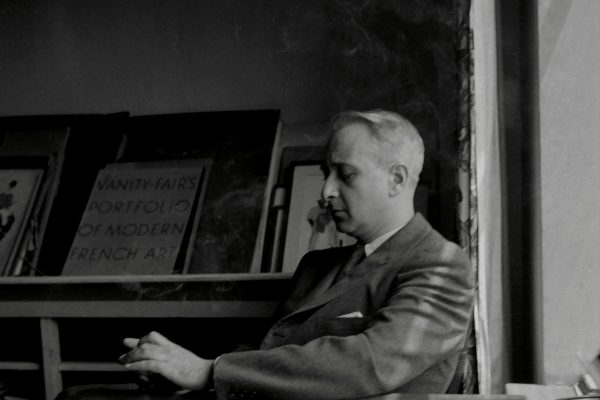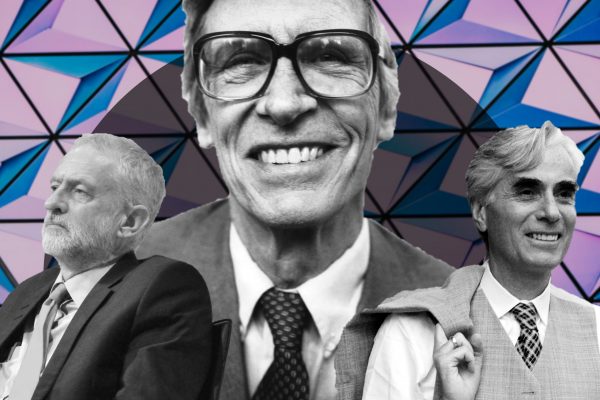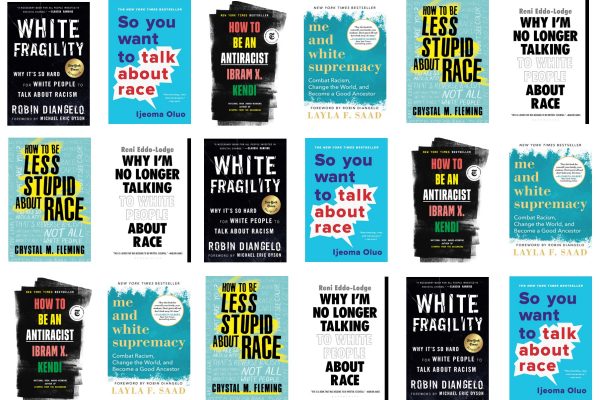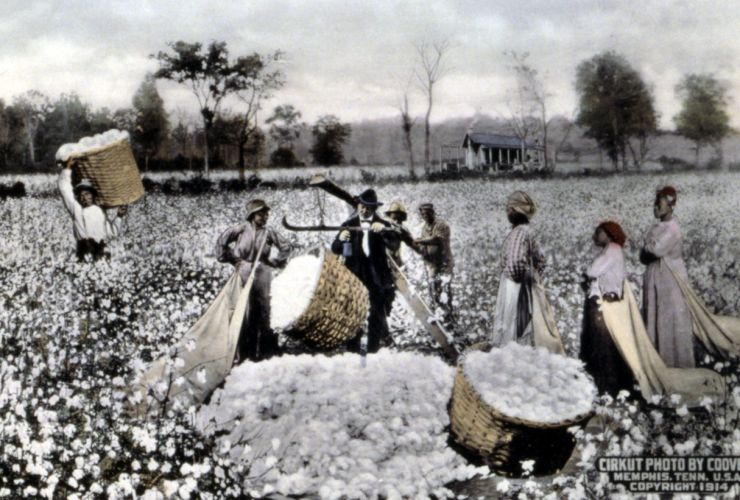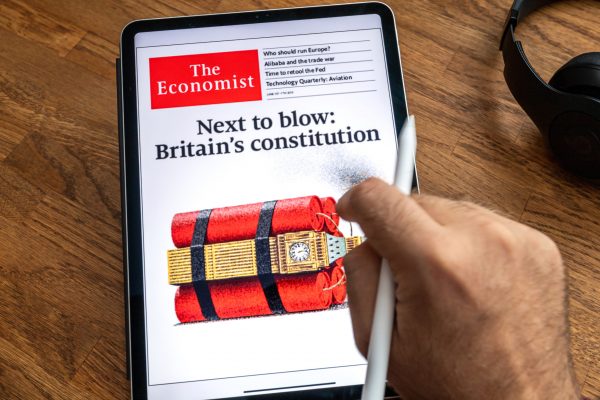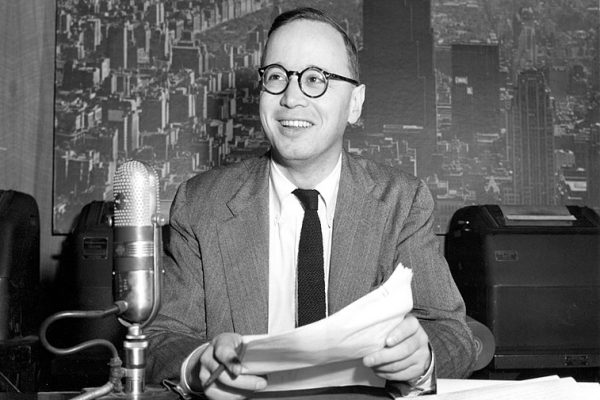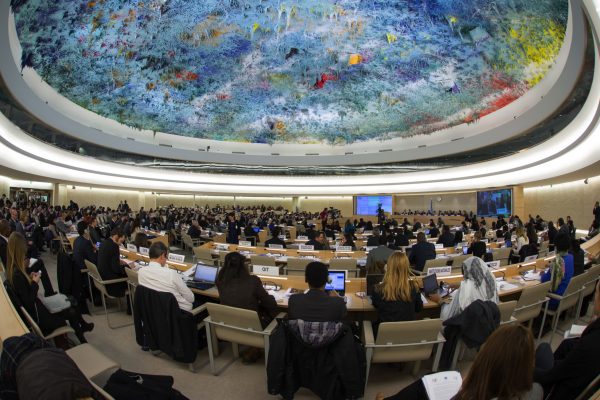In recent years salvos against liberalism have been launched from all sides, from reactionary “post-liberals” to democratic socialists. Even left-liberals now tend to prefer the less baggage-laden term “progressive.” But what exactly is liberalism, and does it offer any conceptual tools that could help us tackle today’s crises?
Recent Boston Review pieces bring clarity to these questions. In his account of the influential critic Lionel Trilling’s political trajectory, Samuel Moyn shows how Cold War liberalism became “a betrayal of liberalism itself.” A doctrine that initially sought to create the political and material conditions that would enable universal “self-creation” was foreshortened, Moyn argues—not only by compromises in the fight against totalitarianism, but also on the basis of Freud’s insights about the tragic “limits” of human nature. Trilling’s sense that “basic human aggression” constrained iberalism’s “false optimism” eroded his hope that liberalism could be truly emancipatory.
No consideration of liberalism today would be complete without reflecting on the work of political philosopher John Rawls. Katrina Forrester’s definitive history of Rawlsian philosophy explores its ambiguous legacy. While many see Rawls’s liberalism as “responsible for a narrowing of the utopian imagination and complicit in the rise of neoliberalism,” Forrester suggests that in our reactionary times, Rawls’s prescriptions can appear downright radical. While the liberal egalitarian tradition must be stretched to address new challenges in domains that Rawls did not consider, its tools may help build the kind of society envisioned by liberalism’s most ambitious skeptics.
Other pieces in this week’s reading list consider liberalism’s past and present and forecast its future. Melissa Phruksachart’s nuanced critique of the “literature of white liberalism”—a genre perhaps best exemplified by Robin DiAngelo’s White Fragility—offers structural approaches to reckoning with difference without dismissing all interpersonal efforts to “do the work” as cynical or superficial. In a piece from our deep archive, Homi K. Bhabha offers a bracing 1997 forum response critiquing a liberal account of the relationship between feminism and multiculturalism, while Andrew Zimmerman reveals the relationship between slaveholder ideology and liberal humanism. Abby Minor considers the limits of choice-based liberal political theory in the arguments for reproductive justice. And Ben Jackson discusses the influence of The Economist’s brand of liberalism on popular discourse. Read on for more.
Lionel Trilling crystallizes the cynical Cold War liberalism that sacrificed idealism for self-restraint.
For five decades Anglophone political philosophy has been dominated by the liberal egalitarianism of John Rawls. With liberalism in crisis, have these ideas outlived their time?
Antiracist nonfiction sidelines more powerful critiques from the Black radical tradition.
The political ideology of slaveholders depended on liberal humanism.
The language of liberal politics is confused.
With its elite decision-makers and opinion-formers, the Economist has exerted tremendous influence on popular liberal discourse for more than a century.
Schlesinger's America has vanished, as has his unique brand of liberalism.
Critics say human rights discourse blunts social transformation. It doesn't have to.

